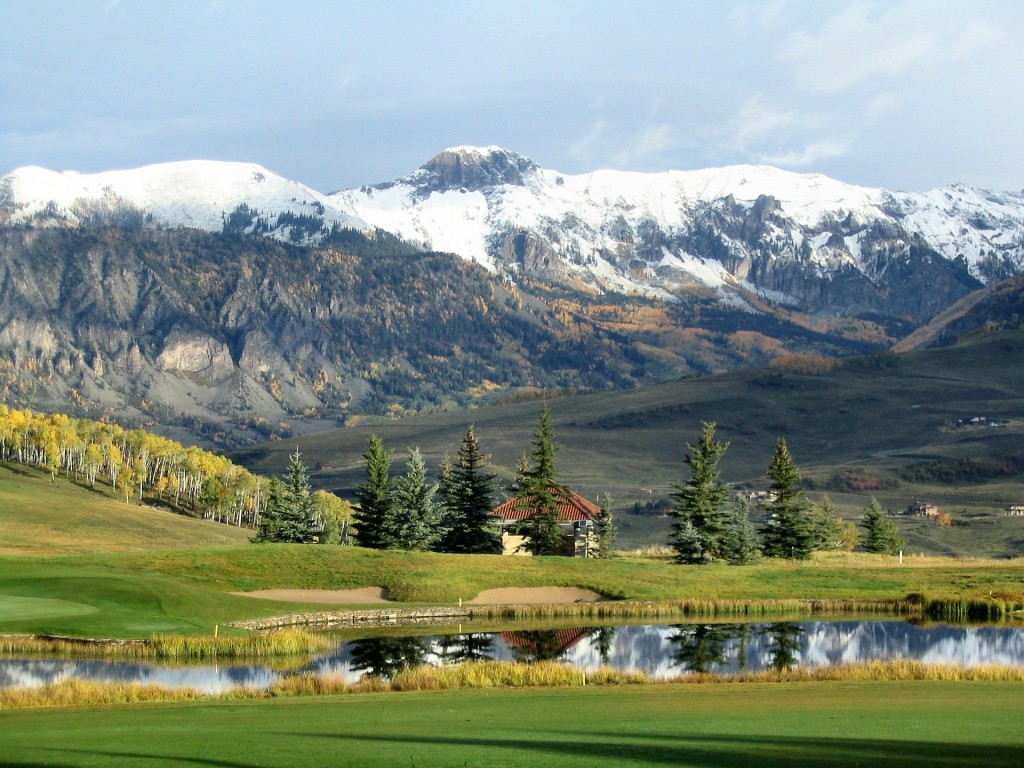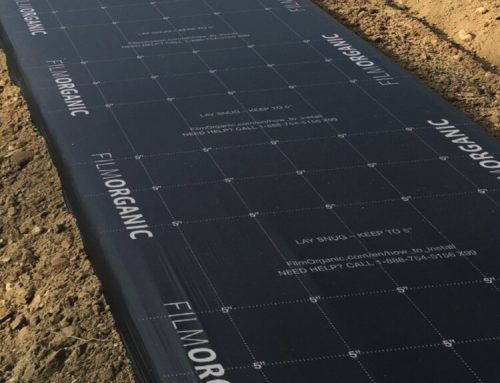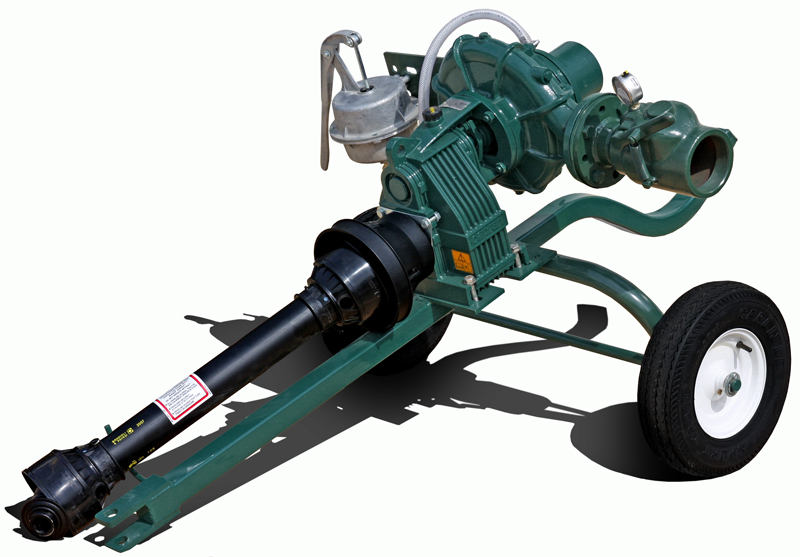When you think of hemp farming in the United States, one of the first states that comes to mind is invariably colorado. With a history of marijuana and hemp agriculture, and a great climate for hemp growth, there’s a reason that Colorado is one of the nations top hemp growers.
In 2018 the federal farm bill declassified industrial hemp as a controlled substance, and declared it a regular crop. Because of the declassification, farmers were now able to take out farm loans and get crop insurance for hemp along with their other crops, lowering the risks previously associated with hemp growth. hailed as a miracle drug, preliminary research suggesting it can help everything from chronic pain and anxiety to ance and heart disease. In 2019 the CBD market produced nearly 312 million dollars, and is projected to grow 32% in the next five years.
Because of this surge in interest, the demand for hemp skyrocketed, and Colorado was perfectly aligned to take advantage of this green goldrush. In 2019 colorado experienced a boom in hemp agriculture, with more than 80,000 acres being planted, up from 30,000 acres in 2018.

Undoubtedly though, the biggest reason that colorado has been so conducive to hemp agriculture is the way state Department of Agriculture treats hemp. Colorado had legalized hemp growth in 2014, meaning many farmers already had experience growing hemp, and there was already some existing infrastructure in place to handle the growth and sale of hemp byproducts. Colorado issues cultivation licenses year round, allows hemp seeds to be sourced from anywhere, and does not place an acreage limit on the crop. Most states are far more rigid and constricting, meaning Colorado has the most farmer-friendly infrastructure.
When the 2018 hemp boom hit, colorado was perfectly poised to take advantage of it. With previously established laws and regulations, a good growth climate, and a non-restrictive department of agriculture, it’s no wonder Colorado is one of the nation’s largest hemp gowers.






